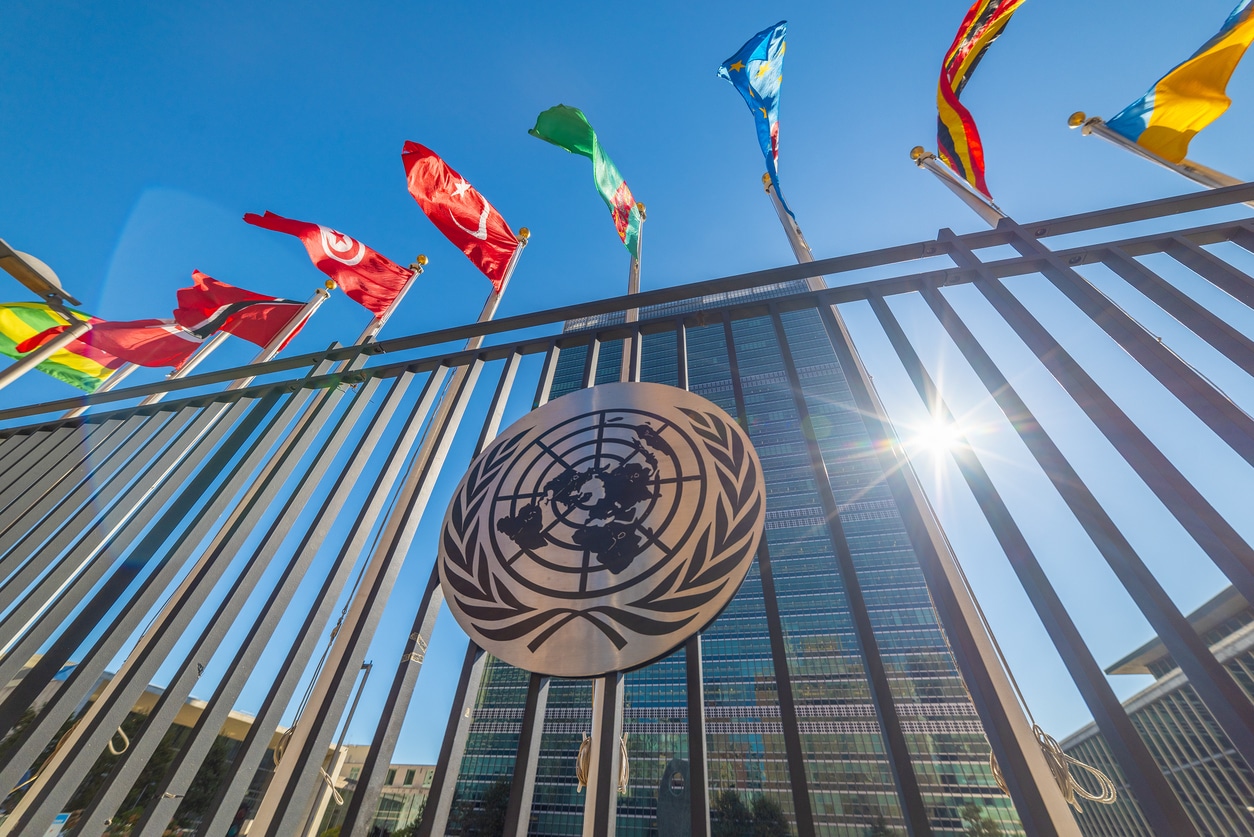Court Ruling Sends Warning to Qui Tam Plaintiffs filing Cases as LLCs

A ruling from the Delaware Supreme Court has the potential to reshape the way whistleblowers collectively file qui tam complaints. In US et al., ex rel. JKJ Partnership 2011 v. Sanofi-Aventis et al. three whistleblowers formed a Limited Liability Corporation (“LLC”) for the express purpose of serving as the relator in a qui tam complaint under the Federal False Claims Act.
The trouble for them began when a new partner in the LLC replaced one of the partners. Faced with the question of whether this change in membership dissolved the LLC the Third Circuit Court of Appeals certified a series of related questions for the Supreme Court of Delaware, a common practice when a federal court runs into a question of state law not yet settled by the court of the state in question.
In this case, the whistleblowers, Jeffrey Stahl, Kelly Wood, and John Venditto, formed an LLC in Delaware to file a False Claims Act Complaint alleging the defendants fraudulently overstated a prescription drug’s “efficacy, and minimized critical adverse event and risk information.” Shortly after filing the complaint, a partner of the LLC, John Venditto, removed himself from the case and was replaced by a new partner, Dr. Paul A. Gurbel.
The Delaware Supreme Court stated this action dissolved the original LLC, and the new LLC could not continue to pursue the claim, barred by the FCA “first-to-file” requirement. Additionally, the Court ruled the remaining members of the original partnership could not continue with the claim as part of the customary “winding down” period of dissolution of a partnership. The Court acknowledged the question is fact-dependent, but the facts do not appear to be in favor of these qui tam plaintiffs.
Though this ruling is not welcomed news for the plaintiffs in this particular case, it does provide some guidance for future whistleblowers considering forming an LLC to file a qui tam complaint under the False Claims Act.
Under the False Claim Act’s qui tam reward provision, if your original information results in a sanction against a fraudster, you are entitled to a minimum payment of 15% and a maximum payment of 30% of the proceeds collected by the government. The government is required to make these payments. If the government refuses to pay the required reward, you can challenge that denial in court.
To qualify for a financial reward, you must follow strict procedures set forth under each act. The failure to follow these procedures can result in denial of an award even if your information results in a substantial sanction obtained by the government.
Because of the complexity of the whistleblower laws, whistleblowers contemplating pursuing this route should consult a whistleblower attorney for advice.
Read the Opinion
Latest News & Insights
October 22, 2025




